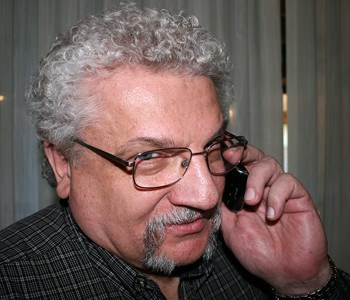In an age of instant communication, the public takes its Internet and phone connections for granted.
The country’s leading providers want to ensure it stays that way, especially when disaster strikes. The Canadian Telecommunications Emergency Preparedness Association is spending three days in Thunder Bay this week discussing member ability to react to both natural and man-made disasters and the impact they might have on Canada’s telecommunications system.
TBayTel is more than prepared, said the company’s director of network operations during a lunch-hour break on Monday.
Ross Dejardine said customers rely heavily on phone and Internet availability during disasters, especially emergency personnel who must respond quickly and often coordinate rescue efforts.
"If they’re identified through industry Canada as people who are designated for priority, then they are given priority on the network. Also we work with the different agencies like (Emergency Measures Ontario) to make sure their people can get through," Dejardine said.
"And we are participating with EMO as well and we do mock disasters with that too."
The biggest challenge, he added, is geography.
While telecommunications companies in other parts of the country have more compact service areas, TBayTel’s range stretches from Kenora to Sault Ste. Marie.
That’s a lot of ground to cover, Dejardine said.
"We have to make sure that we’re prepared. We have technicians that we distribute throughout Northwestern Ontario so we can deal with those situations should they arise. Because there is time where there’s isolation from the highway being close," he said.
"We participate in (CTEPA) to make sure when there’s a load on the network that we can allow high-priority calls to get through. As well, there’s new technologies involved," Dejardine said. "So we’re involved here to make sure we’re involved with the latest technology as it’s coming out and that we can be prepared for implementing that."
